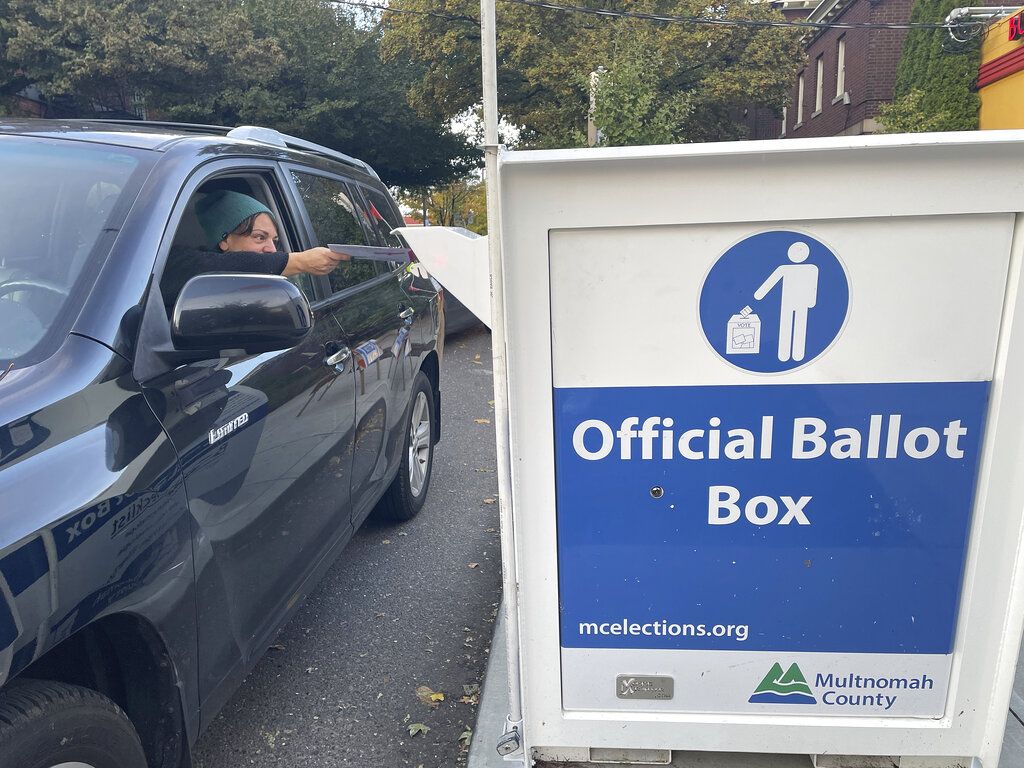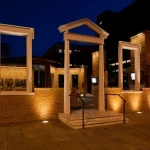

A secession plan known as the “Greater Idaho Movement” is gaining momentum in Oregon as some residents feel they no longer belong in the liberal-run state and would be better served by their neighbor to the east.
If successful, the Greater Idaho Movement would move Oregon’s eastern border west by 200 miles, allowing some rural parts of the state to combine with neighboring Idaho. In Crook County, Oregon, home to about 26,000 people, residents are set to vote on joining dozens of other counties in the Eastern portion of the state to join a secession measure.
“I love Oregon but I just don’t love the people running it right now,” Eric Smith, a Crook County, Oregon, resident, told USA Today. “It doesn’t feel like they want to keep us anyway.”
The Oregon and Idaho legislatures, as well as Congress, would need to approve the secession plan, but the sentiment remains among many people living in eastern Oregon. Still, many residents, even some who said they would not vote in favor of a secession measure, said they were unhappy with some liberal policies coming out of the state’s capital, Salem, such as marijuana legislation, reducing fossil fuel usage, and how Oregon handled the COVID-19 pandemic.
“Quit treating us like Portland,” Smith, who did not tell the outlet how he would vote, demanded.
Some supporters of the movement view the secession as a peaceful way to part ways with the state. They say instead of fighting with Democrats, who have a Democratic trifecta in the government, or moving to another state that shares their views more, secession gives them an avenue to be surrounded by more like-minded people.
“People have already sorted themselves into like-minded communities,” Matt McCaw, a Greater Idaho Movement spokesman, said. “People like to live around people who share the same values they do.”
While he did not disagree that people can live side by side and have political disagreements, McCaw said Oregon’s liberal policies being placed on rural regions creates an unsustainable environment.
“I don’t think we can sustain the path we are on,” he said. “We need to be OK saying your values are yours, mine are mine, and you have to respect our ability to have different views.”
The counter “IdaNo!” movement has called upon voters to reject the plan. Ryan Griffiths, a political science professor at Syracuse University, said the secession movement lacks significant public support and is “performative,” one of many in a long history of other state secession movements.
CLICK HERE TO READ MORE FROM THE WASHINGTON EXAMINER
“It’s a pipe dream in a way. What they’re doing is partly performative, for ideological purposes,” Griffiths said. “A lot of time, secessionist movements are really just bargaining efforts.”
“If you imagine a full-blown project to divide America into red and blue states, that would be incredibly dangerous because you’d have to partition people off,” he said. “You don’t actually have neatly sorted populations despite what many people think.”





